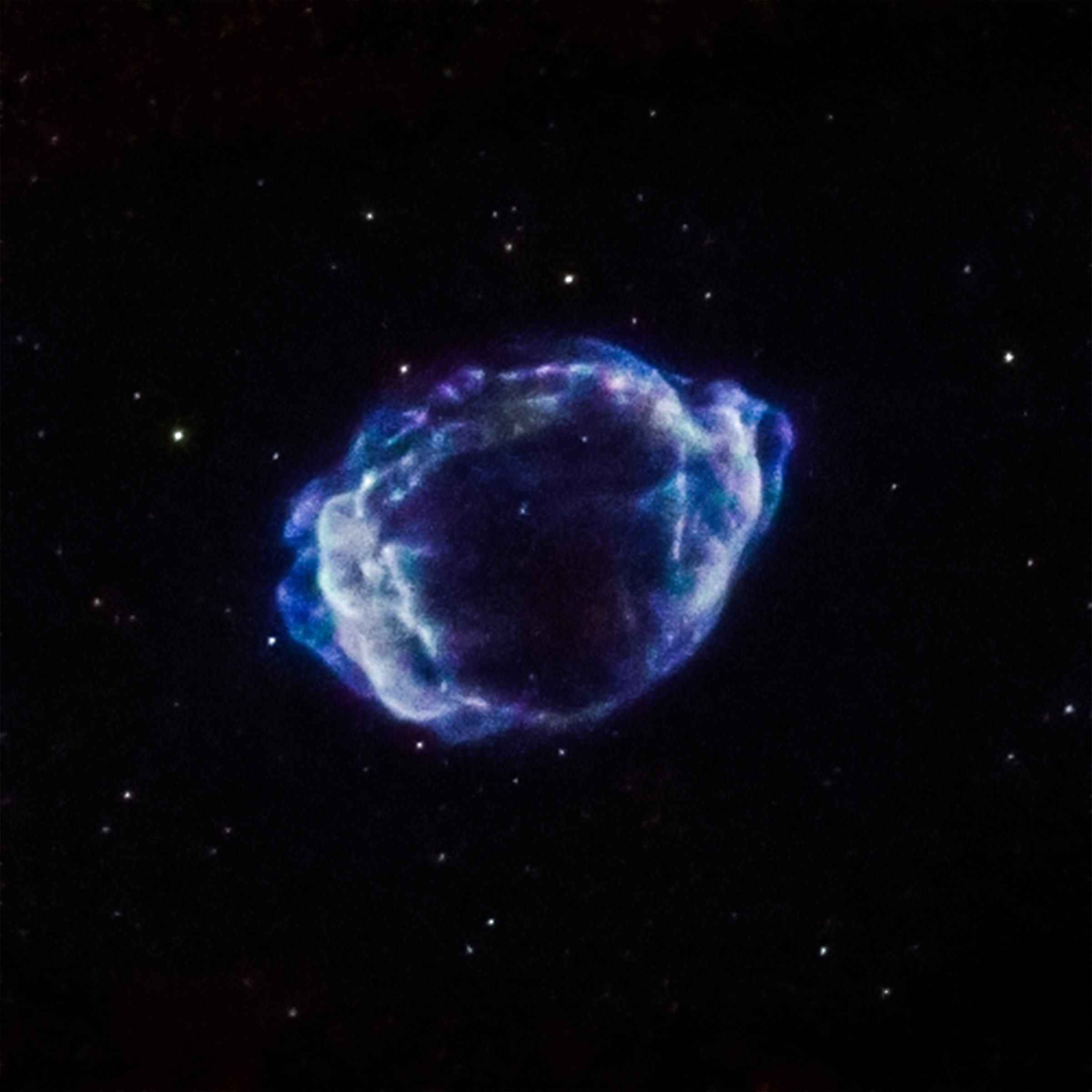
A collision between two white dwarfs—the remnants of a small star—likely caused the most recent supernova in our galaxy, according to new research.
The study, which relied on data from NASA and was published in The Astrophysical Journal, relied on new methods for understanding supernovas. Researchers estimate that the most recent supernova occurred around 110 years in a part of the galaxy not easily visible from Earth.
Researchers say that the new findings could help astronomers understand the rate at which the universe is expanding.
More Must-Reads from TIME
- Donald Trump Is TIME's 2024 Person of the Year
- Why We Chose Trump as Person of the Year
- Is Intermittent Fasting Good or Bad for You?
- The 100 Must-Read Books of 2024
- The 20 Best Christmas TV Episodes
- Column: If Optimism Feels Ridiculous Now, Try Hope
- The Future of Climate Action Is Trade Policy
- Merle Bombardieri Is Helping People Make the Baby Decision
Write to Justin Worland at justin.worland@time.com